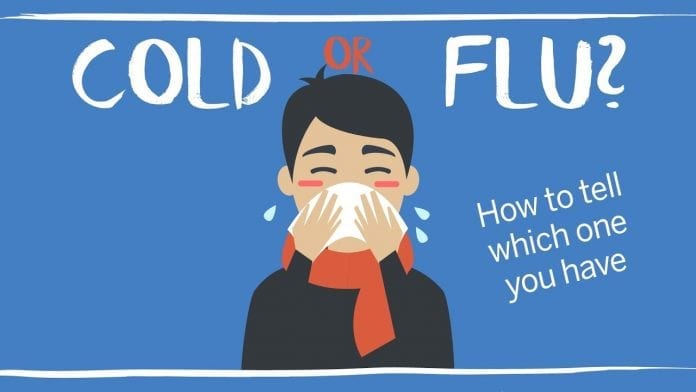Whether problems with our feet, our skin, or our insides, it is common to be plagued by niggling health issues. Especially with our hectic modern lifestyles, few people put adequate time and energy into looking after their health, and our physical wellbeing can often suffer as a result.
In the case of chronic symptoms or suspected serious conditions, it is important to consult with your doctor as soon as possible. However, there are many niggling health issues that can be addressed quickly and easily. Some of these solutions are so simple they’re sure to surprise you!
1. Bad breath

It’s normal to have bad breath after eating certain foods. However, if you are finding that you have persistent, chronic bad breath, you may be suffering from halitosis. Halitosis is an umbrella term to cover a range of conditions that can cause chronic bad breath, such as infections in the mouth, nose, and throat, or dental issues such as cavities or gum disease. Make sure you are up to date with your dental check-ups and see your doctor if there are any other signs of infection such as sinus congestion.
Additionally, bad breath and halitosis are often caused by imbalances of the bacteria in the mouth and/or the digestive tract. This can easily be addressed by using oral care products and dietary supplements that promote general oral health and foster good bacteria. These are specialty products aimed at addressing the root causes of the issue, rather than mints or mouthwash which merely masks the bad smell temporarily. If you want to get yourself some of the oral care products, click here.
2. Headaches

Headaches are probably one of the most common, if not the most common health complaint. In fact, according to the World Health Organisation, almost half of the adult population periodically suffer from headaches. They also affect wide groups of people spanning various ages, genders, and other demographics. Headaches are in some cases a symptom of a larger health condition, or maybe a secondary symptom of another problem, such as overuse of medication.
However, in most cases, they are caused by stress, emotional distress, or a mental health condition such as anxiety or depression. There are many ways to address the symptoms of headaches, such as pain relief medication, acupuncture, and applying a heat pack or ice pack to the head or neck.
The most important thing, however, is to address the root cause of the headache, in order to stop them recurring. Critically assess your lifestyle: are there factors that are causing you stress? Is it possible to eliminate these factors? If not, it is important to develop coping strategies such as breathing exercises and meditation to deal with these stressors before they develop into a physical headache.
If you suffer for continuing feelings of anxiousness or depression, you may be suffering from a mental illness and should seek medical advice.
3. Insomnia

Another common manifestation of stress, anxiety or depression is insomnia. If you want to find out more about those signs and symptoms click here. Insomnia is the inability to sleep, causing you to toss and turn, often for hours on end. This can be debilitating in the long term, negatively impacting on work, relationships, and general health. Like headaches, stress and anxiety are often to blame, and these root causes should be addressed in similar ways to those discussed above.
There are also other more external factors that may be causing you to lose sleep. Sometimes medications you are taking could be interrupting your sleep patterns. The environment you sleep in is also important: if there is too much noise, light or if you are sleeping on an uncomfortable bed this will also make it harder for you to sleep, and can become a vicious cycle as stress and worry caused by a lack of sleep makes it harder to rest.
Finally, lifestyle factors such as irregular sleeping hours can play havoc with your sleep patterns. It is best to try to go to bed and get up and approximately the same time each day.
4. Frequently Suffering from Colds and Flu

Yes, the common cold is called common for a reason: we all fall sick from time to time, especially during flu season. However, if you feel yourself getting sick regularly, there is not normal nor is it healthy. According to the Centers for Disease Control and Prevention in the USA, it is normal for adults to get cold between two and three times a year, and children more frequently, as they are more vulnerable. If you are getting sick more often than this, there may be something you can do about it.
The number one reason that people get colds and flu often is poor hygiene. Colds and flu are viral infections, which are passed from one person to another. These can be airborne, but the transfer is often hand to hand, so washing your hands frequently with antibacterial soap and being wary of touching public objects that others have touched goes a long way to curb infection. Also, you can treat it with Coldeeze products.
Another simple but effective approach is to boost your immune system by having a healthy, balanced diet rich in nutrients, exercising regularly and getting plenty of sleep.









